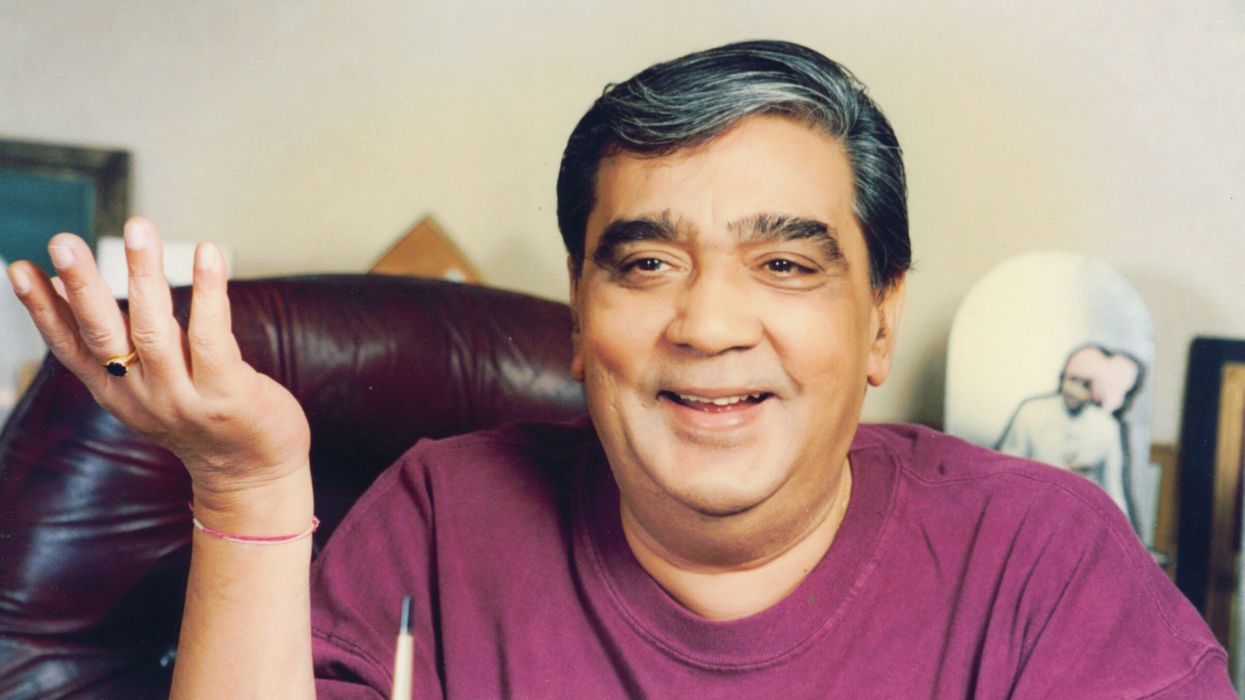LEGENDARY filmmaker Prakash Mehra made a mark in Bollywood with his own brand of entertaining cinema and delivered hit films that entertained audiences, including one that changed the industry forever.
The maverick producer and director did things his own way during an action-packed career filled with magical movie moments. Born July 13, 1939 he passed away on May 17, 2009, aged 69.
Eastern Eye decided to mark Mehra’s death anniversary this week by presenting his top 10 films, listed in chronological order.
Haseena Maan Jayegi (1968): Mehra announced himself as a filmmaking force with this comedy headlined by Shashi Kapoor in a double role. He starred opposite Babita in a unique love triangle revolving around a woman caught between two men who look alike. The mix of comedy, music, drama and twists would lay the foundation for his future masala entertainers. Like many of Mehra’s subsequent movies, his hit directorial debut had great songs.
Mela (1971): Mehra moved into the action space with his second directorial outing. The dramatic village-set story saw real-life brothers Sanjay Khan and Feroz Khan play two separated siblings, unaware they are related, on a deadly collision course. It was another film that combined different elements including family, drama, action, romance and music in an effective way. That formula would earn him another hit movie.
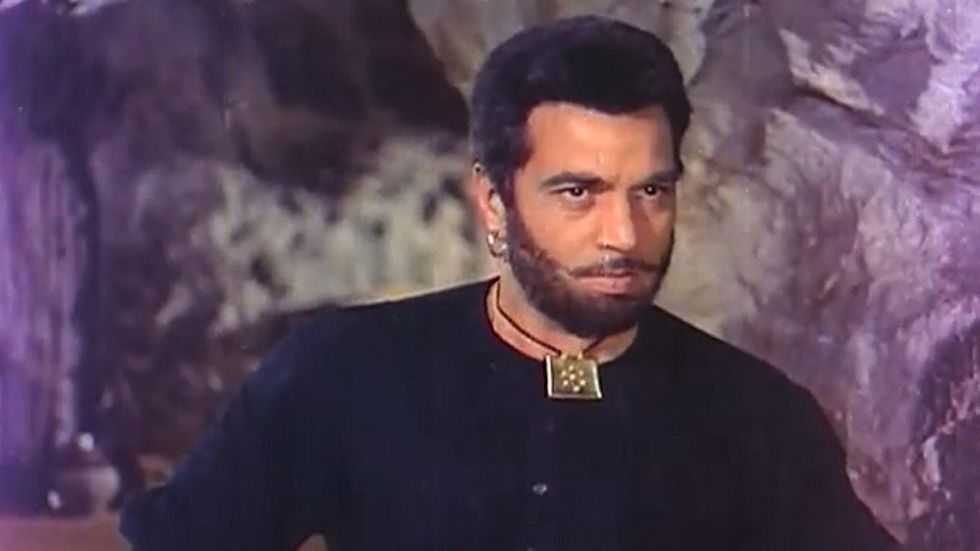
Samadhi (1972): Dharmendra played a double role in this action drama. He portrays a dacoit who gives up his life of crime after falling in love, and then being forced to make the difficult decision of giving up his young son, who later grows up to look like him. Asha Parekh and Jaya Bhaduri were the love interests of the respective characters played by the actor in a movie about love, redemption and trying to do the right thing.
Zanjeer (1973): Mehra produced and directed the game-changing action film that turned Amitabh Bachchan into an overnight sensation. He cast the newcomer as a vigilante cop after numerous bigger names had turned down the role, and introduced a new kind of hero into Hindi cinema. Bachchan would carry that angry young man persona into subsequent movies and become the undisputed king of Bollywood.
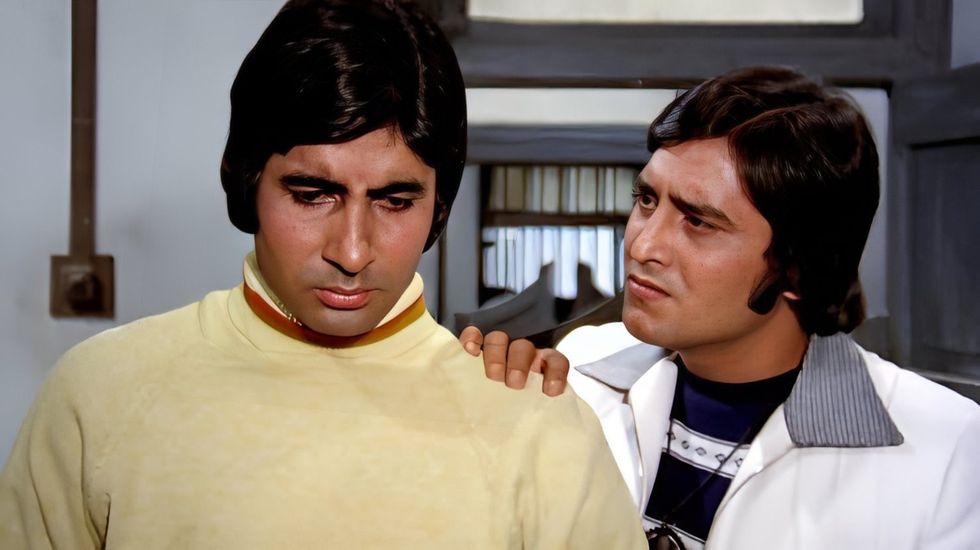
Hera Pheri (1976): The clever combination of comedy and action saw Mehra cast superstar actors Amitabh Bachchan and Vinod Khanna in the lead roles. The story of two small-time crooks being unexpectedly torn apart had an interesting twist and was filled with great moments from start to finish. The producer/director brought out the best in two talents, who were at the top of their game and earned himself another blockbuster.
Khoon Pasina (1977): Mehra was on producing duties for this film, which reunited Amitabh Bachchan and Vinod Khanna. They played two childhood friends who are separated and collide as adults, before teaming up to take on the bad guys. The under-rated film had many memorable moments, including a scene where Bachchan fights a tiger. It was one of the rare films Mehra didn’t direct himself.
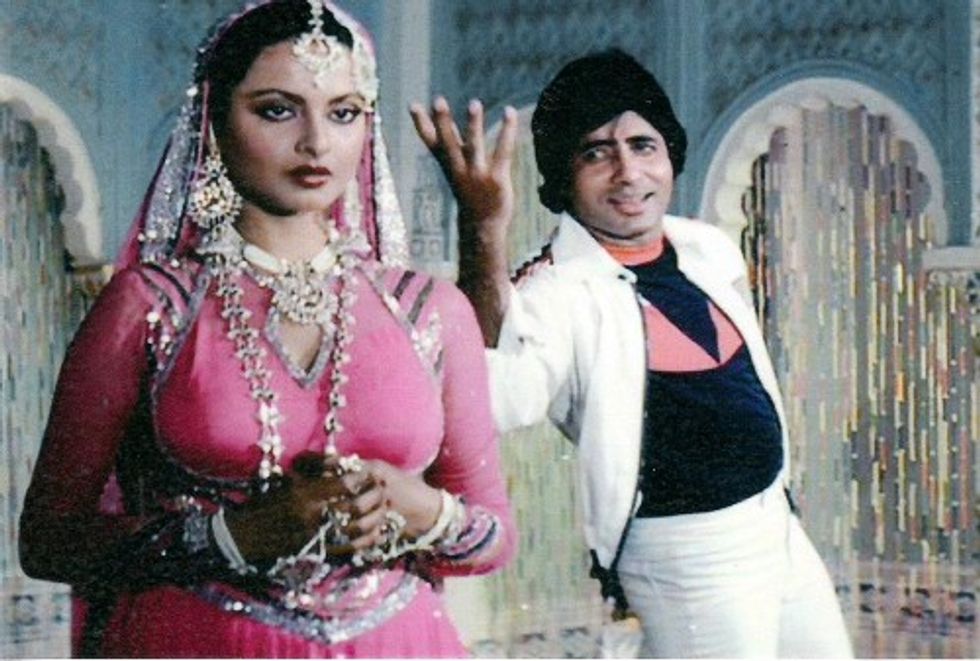
Muqaddar Ka Sikandar (1978): By far the biggest Bollywood success of that year is regarded as one of the finest Indian films ever made. Mehra had cleverly taken the idea of classic story Devdas and turned it into something altogether more powerful. Amitabh Bachchan played the heartbroken man, who finds himself in the arms of a courtesan. Rakhee Gulzar, Vinod Khanna and Rekha made up the lead cast in a film that had action, romance, emotion and magnificent music.
Laawaris (1981): Mehra continued his dream partnership with Amitabh Bachchan in this cult classic about an orphan, with a painful past forced to battle the challenges of life. Zeenat Aman played his fiery love interest in a movie that had superb songs, powerful dialogues and plenty of action. A standout moment included the iconic Mere Angne Mein track, which saw Bachchan sing the song himself and perform it in drag.
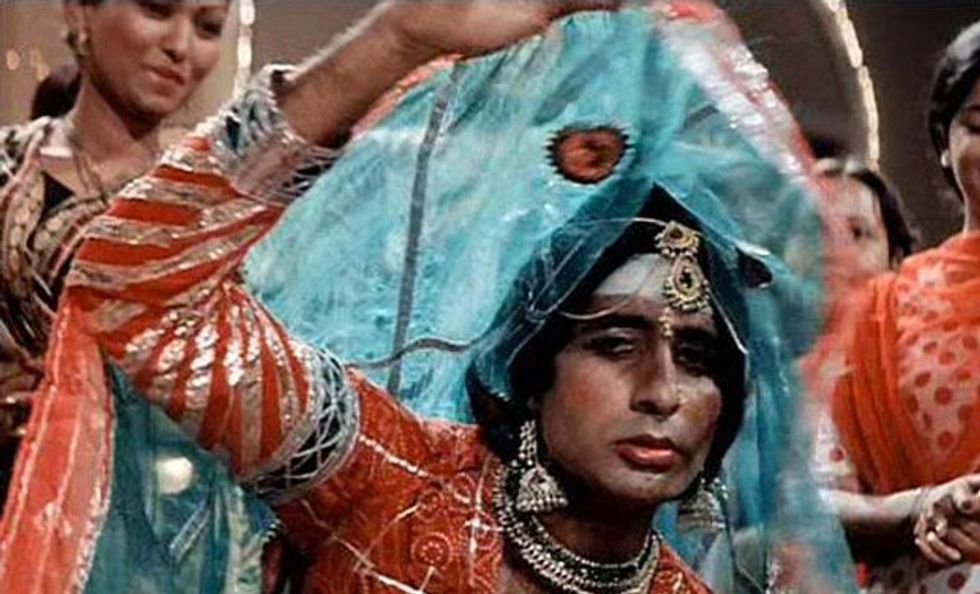
Namak Halaal (1982): The super hit film best remembered for classic songs like Pag Ghungroo Bandh, Thodi Si Jo Pee Li Hai, Jawaani Jaan-E-Man and Raat Baaki was another multi-layered entertainer from Mehra. Amitabh Bachchan played a worker in a five-star hotel who finds out some unexpected truths, including about the wealthy owner. The strong star cast included Shashi Kapoor, Smita Patil, Parveen Babi and Waheeda Rehman.
Sharaabi (1984): The last great movie from Mehra saw Amitabh Bachchan play the neglected son of a wealthy industrialist, who becomes an alcoholic, before finally finding redemption. Although the super successful film had much-loved songs like De De Pyar De, Inteha Ho Gayi Intezar Ki and Jahan Chaar Yaar Mil Jaye, it was very much defined by the central performance from Bachchan, which earned rave reviews.
